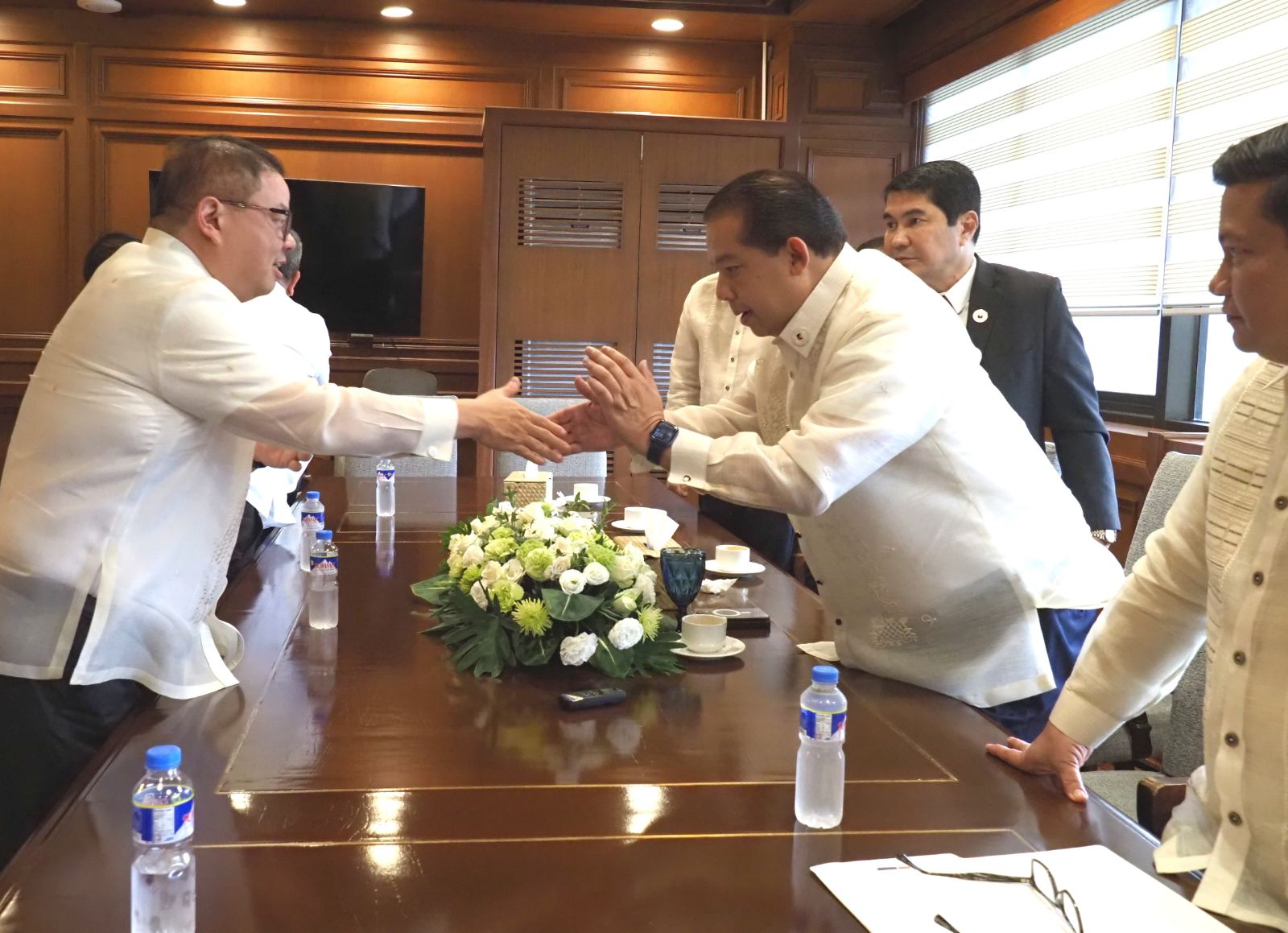
By Brian Jules Campued
Reducing the price of rice to below P30 per kilo in select areas by July this year is possible, House Speaker Martin Romualdez announced Monday following a meeting with Agriculture Sec. Francisco Tiu Laurel Jr.
The plan was reached after House leaders and agriculture officials identified certain loopholes in the implementation of the Rice Tariffication Law (RTL) that could be immediately addressed through collaborative efforts between the legislative and executive branches, Romualdez said in a news release.
“We are confident that it is possible to offer rice below P30 per kilo as early as July this year,” the House Speaker said.
“The Department of Agriculture (DA) is currently identifying the areas where affordable, well-milled rice will be made available to the public,” he added.
Romualdez discussed with Laurel, key officials from the National Irrigation Administration, and other agencies affiliated with the DA and the Speaker’s office plans aimed at also bringing down the prices of other basic commodities.
“Although we cannot yet achieve this throughout the entire country, we can start in selected areas identified by the Department of Agriculture,” the House leader said.
“We hope that this initiative will soon reach all parts of the country, especially after the amendment of the Rice Tariffication Law,” he added.
Meanwhile, for Laurel’s part, he clarified that the National Food Authority may be authorized to sell cheaper rice via Kadiwa centers.
“Starting in July, some of these Kadiwa centers will be operational in specific regions and will offer affordable, well-milled rice five days a week. The operation of these centers will depend on the rice supply available to the National Food Authority (NFA),” the DA chief said.
“Gradually, we aim to increase the number of Kadiwa centers across the country with assistance from local government officials. Many have volunteered to provide public spaces for these centers,” he added.
President Ferdinand R. Marcos Jr. earlier said he would certify as urgent the bill proposing to amend the RTL, adding that the amendment would give the government room to act when prices of rice go up.
“Ang problema kasi kaya tumataas ang presyo ng bigas dahil ang mga trader ay nagko-compete. Pataasan sila ng presyuhan sa pagbili ng palay at wala tayong control doon,” President Marcos said in an interview with the media.
The RTL, or the Republic Act No. 11203, permitted the private sector to freely import rice subject to a tariff and also stripped the NFA of its regulatory and import licensing functions, limiting its role to emergency buffer stocking of rice bought from local farmers.
The House Committee on Agriculture on Tuesday approved the proposed amendments to the RTL following the President’s announcement.
Committee chair Quezon Rep. Mark Enverga vowed to have the RTL amendments approved on third and final reading by his chamber before Congress goes on its annual sine die adjournment this month. – av
